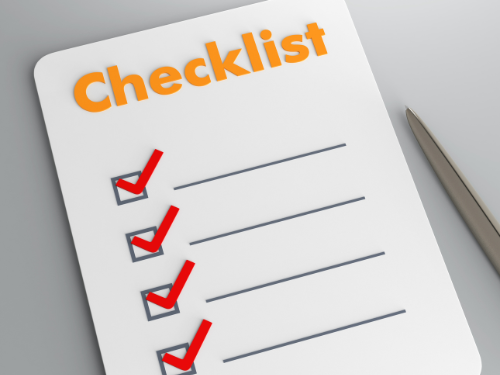
Upgrade Checklist: Are your devices ready to meet the system requirements for Windows 12?
As Microsoft gears up for its next big release, the tech community is buzzing with speculation and insights about Windows 12. A recent source ignited a wave of concern with the suggestion that Windows 12 might mandate a built-in Neural Processing Unit (NPU) for devices. This requirement, if true, would mark a significant shift in consumer PC compatibility, rendering over 95% of existing devices obsolete due to the absence of NPU in mainstream hardware. However, it appears that this seismic change is more of a rumor than a reality.
Understanding the Windows 12 Requirements
Reflecting on the introduction of Windows 11 and its step-up in system requirements, it’s plausible to suggest that Windows 12 will follow a similar path. However, insiders hint that while the foundation may remain unchanged, there could be a few key enhancements. Here’s a primer on the anticipated requirements:
- Processor: Likely a continuation of the 1 GHz speed benchmark with 2 or more cores on a compatible 64-bit processor or System on a Chip (SoC).
- RAM: A minimum of 4 GB, with speculation around an 8 GB recommendation for more intensive tasks.
- Storage: 64 GB or larger storage device to accommodate the OS and future updates.
- Graphics: DirectX 12 compatibility, a staple for modern computing needs.
- Display: A high-definition (720p) display, larger than 9 inches diagonally, remains the minimum expected.
- Security: The TPM 2.0 requirement is anticipated to persist, underlining Microsoft’s commitment to enhanced security measures.
Beyond the Basics: What Else to Expect
While the core Windows 12 requirements may mirror those of its predecessor, the integration of more advanced features, particularly those leveraging AI, could nudge the specs upwards for certain functionalities. Thus, keeping an eye on the evolving landscape and Microsoft’s announcements becomes crucial.
Preparing for the Leap to Windows 12
For those pondering whether their current setup will suffice, the guiding principle is straightforward: if your system comfortably runs Windows 11, it’s likely prepared for Windows 12. Nonetheless, awaiting the official specifications from Microsoft before making any hardware changes is advisable.
Conclusion: Staying Ahead of the Game
As the Windows 12 release horizon draws closer, ensuring your PC is ready becomes paramount. By familiarizing yourself with the expected Windows 12 requirements and assessing your current system’s readiness, you can embrace the future of Windows with confidence.
